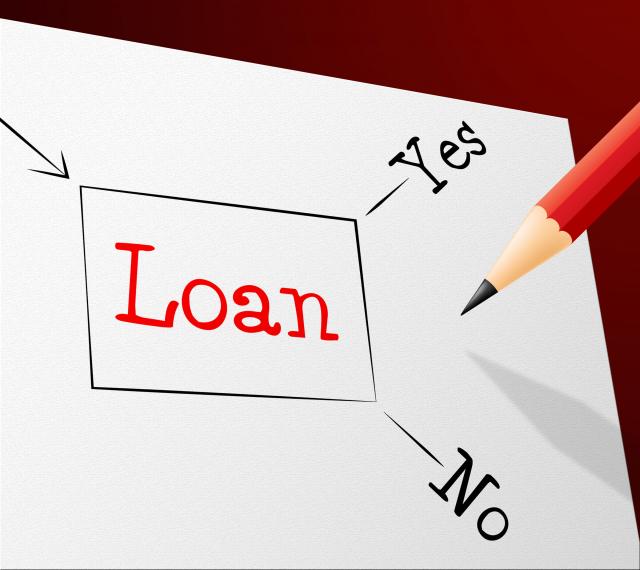A title loan is a form of short-term lending in which you give the title of your car as collateral in return for a loan. The lender gets the authority to take your car as payment should you fail to pay the loan within the stipulated time.
The loan is payable as a lump sum, usually 30 days later, or spread out in installments over a period of 3-6 months. A balloon payment is usually paid at the end of the loan term.
Title loans do not require a credit check or proof of income plus they can be processed super fast, you can literally walk in with your car title and walk out with cash. Sounds appealing right? Except they are not! If you are thinking of getting one, here are several reasons why you should steer clear of title loans.
You May Lose Your Car


This is as plain as it sounds. When you put up your car as collateral for a loan, failure to repay gives the lender rights over your car. According to the Consumer Financial Protection Bureau (CFPB), 1 out of 5 cars used for title loans ends up being repossessed.
This means that you have a 20% risk of losing your car with a title loan. How many aspects of your life will be affected by this?
You Risk Increasing the Cost of Borrowing for up to 3 Times your Initial Loan
The (APR), Annual Percentage Rate of title loans averages at 300%. APR translates to the amount of money in percentage that your loan will cost you if it is outstanding for a year.
If you are unable to pay your loan by the end of the loan term, you can have your car repossessed or request to have a rollover. A rollover translates to an extended payment period at an extra fee.
With more amounts to pay now, you may have to keep on rolling over your loan. If you do it for up to a year, the accumulated cost of your loan in interest and rates can add up to 300% which translates to 3 times what you borrowed.
It Puts you into a Cycle of Debts
A Car Title Lending report by CFPB states that only 12% of title loan debtors are able to pay without renewing their loans. If you end up in the 88%, this means that you will have to either keep renewing your loan or opt to re-borrow in order to keep your car and pay either part or all of the accumulating debt.
CFPB also did an analysis on 3.5 Million single-payment title loans given to more than 400,000 borrowers between 2010 and 2013. The report showed that 1 out of 3 borrowers defaulted. Of the remaining ones, 1 out of 3 renewed their loans up to 7 or more times.
The same analysis showed that loans that were re-borrowed on the same day that previous ones were repaid accounted for 83%. If you find yourself in such situations, you will be caught up in a cycle of debts that goes on and on.
You might still be in Debt if your Repossessed Car fetches Less!
If you thought losing your car was the worst that can happen; you’ve got another thing coming! Before you are given the loan, your car is valued. Failure to pay leads to repossession after which it is put up for sale. There are instances when the car is sold for less than its value.
This can happen if the market value of the car goes down or if the lender fails to find a buyer who can buy it at the original price. They sell it to the highest bidder and in some states; you are required to assume the balance. On the other hand, if the car fetches more, you may not get the surplus depending on the state that you come from.
The Take-Away
While taking a title loan is a decision you get to make on your own or as a family, it is important to weigh the risks against the benefits of such a decision. There must be a very good reason why 25 states have banned title loans. Be informed and make the right decision.